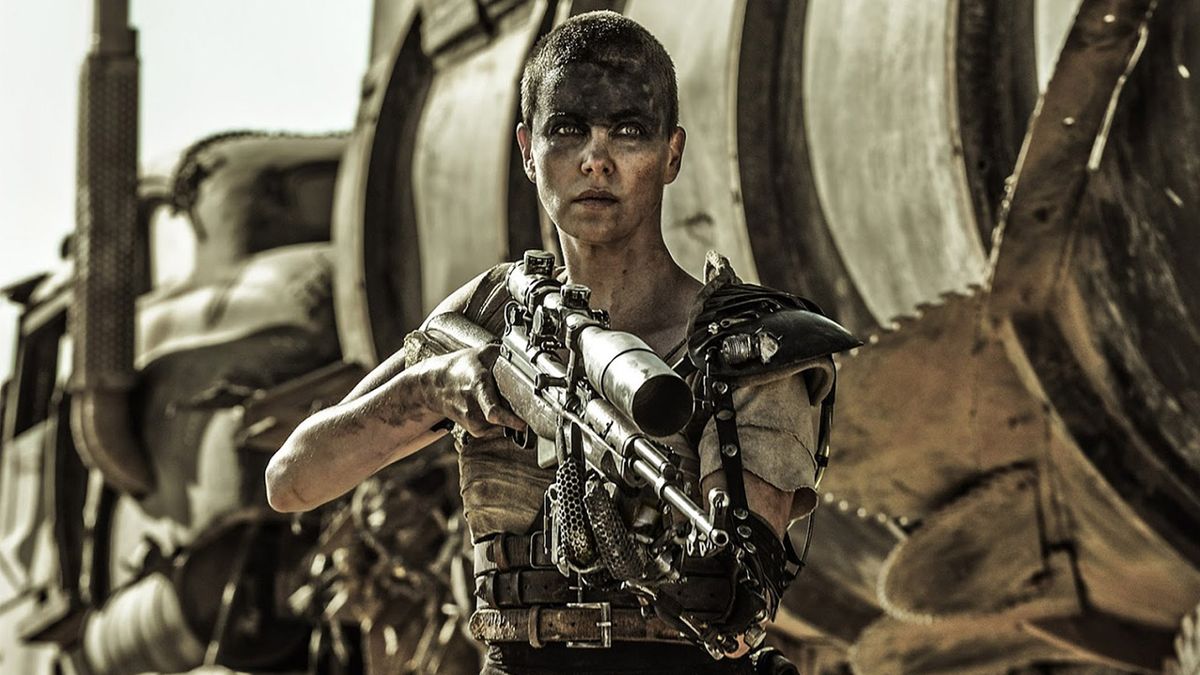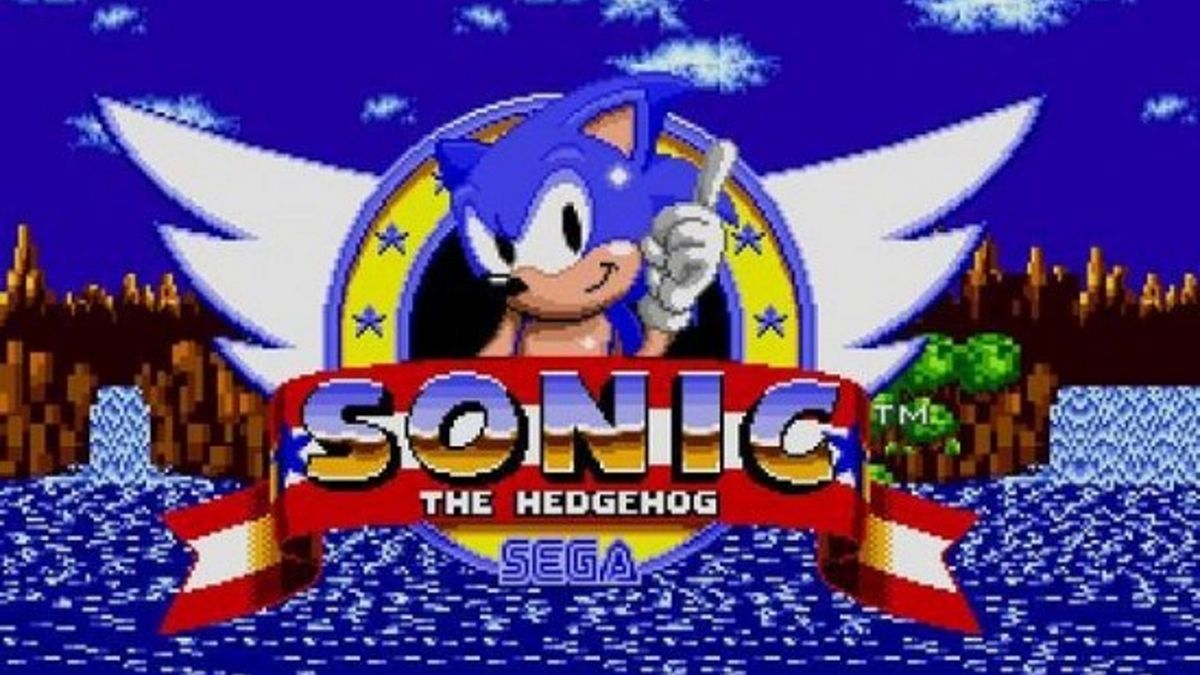SFX.co.uk’s editor takes stock of how small screen sci-fi is shaping up so far this year

(opens in new tab)
Believe it or not, even though the next SFX Weekender is seven months away, we’ve already started making preliminary plans for the 2012 SFX Awards – how the voting will work, whether we keep the same categories or have some new ones, who might receive the SFX honorary awards, that kind of thing. In the process, we can’t help speculating on who or what might win the reader voted categories. And since we’ve now just passed the half year mark for 2011, it seems as good a time as any to see how the year’s been going so far. Though as most of the big movies are still yet to be released, let’s concentrate on TV.
The good news is that 2011 already seems to be shaping up as a fantastic year for TV sci-fi and fantasy. Game Of Thrones burst onto our screens and redefined how small screen fantasy should be made, leaving poor Camelot looking slightly old fashioned and predictable. Thrones also gave us a whole bunch of candidates for best actor – Sean Bean, Peter Dinklage, Charles Dance – and best actress – Lena Headey, Michelle Fairley, Emelia Clarke and the amazingly mature Maisie Williams as the young Arya Stark – and if we had a category for best production design it would win that hands down. To be fair on Camelot , while its two leads were hideously miscast ( how wet?) it did boast a brilliantly twisted Merlin in Joseph Fiennes, and Gawain always looked great in fight scenes, flinging his two swords about simultaneously.
The general channel-hopping public may be falling slightly out of love with Doctor Who , but Steven Moffat’s brave, uncompromising, pay-attention approach to the show was actually winning new fans among the sci-fi hard core. Consequently Who forums netwide went into meltdown arguing about whether this was a GOOD THING or a BAD THING. Few denied, though, the first half of the series delivered two absolute classics (Gaiman’s charmingly whimsical “The Doctor’s Wife” and Moffat’s ballsy “A Good Man Goes To War”) so who cares if your Auntie Mable doesn’t understand it any more? On the other hand, Who also gave us the nonsensical “The Curse Of The Bored Looking Pirates” – the worst episode of Moffat Who so far, and a contender for worst episode of the year if Sanctuary didn’t have that award in the bag. Which episode specifically? Take your pick, frankly. The show had an truly extraordinary run of naff, cheap fillers, culminating in (shudder) a clips episode featuring a leftover Zarbi from ’60s Who .
Many long-running shows were benefiting from an upswing in quality. Primeval and Smallville ended on fan-pleasing highs while The Vampire Diaries was successfully consolidating a winning formula. Being Human was back for jawdroppingly audacious third series, which boasted an almost complete set of four and five star episodes, climaxing with a two-parter of exquisite intensity. Shame the US series was so bland, and eemed to miss the point that it’s the chemistry between the main characters that’s the heart of the show, not the vampire mythology. Becoming Human , on the other hand, was immense fun. More, please (though with the lack of any news on the subject that’s looking increasingly unlikely, sadly).
The BBC gave us Outcasts , then immediately took it away from us again after audiences fell to three blokes in Glasgow who’d lost their remote controls and couldn’t switch over. Rather irritatingly, after kicking off the series with a set of trailers that seemed to scream, “This will be DULL ”, and then launching with a dreary pilot episode that appeared to confirm those fears, the show slowly improved episode-by-episode and ended with a cracking cliffhanger. Typical.
Over the next few pages the SFX team has nominated its favourite moments of small screen sci-fi so far in 2011 (in no particular order, and sometimes for unashamedly tenuous reasons). What would you add to the list?
.
 Game News Video Games Reviews & News
Game News Video Games Reviews & News



